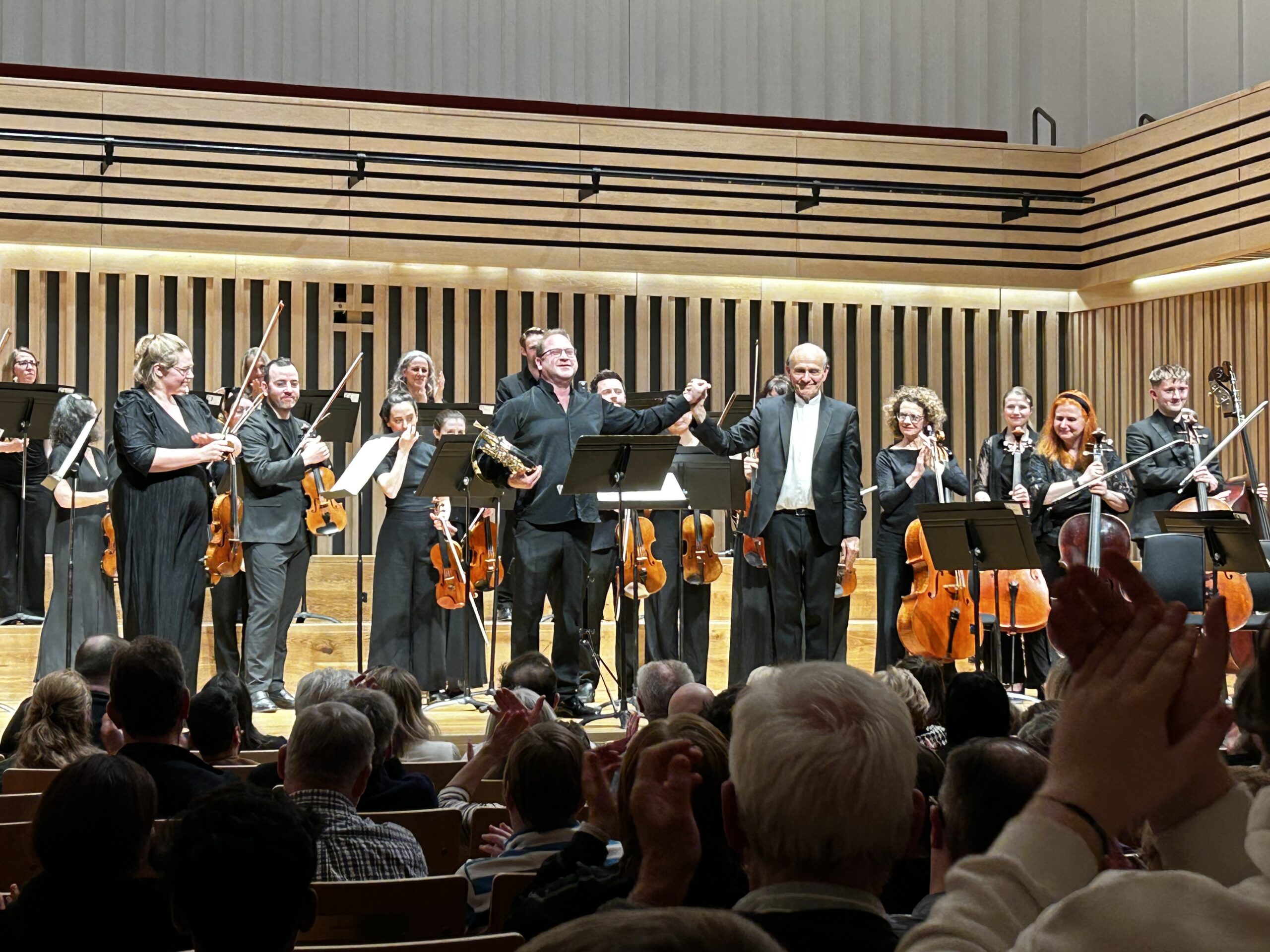How speculation became ‘fact’: Fairfield Halls uncertain future might not be all we think it is
News that Croydon’s Fairfield Halls could be sold as part of the council’s financial crisis has spread quickly across the classical music world in the past few days.
The story first emerged on Inside Croydon on February 6th, following a podcast appearance by Green Party Croydon councillor Ria Patel, who said she had heard in a briefing that Fairfield Halls was up for sale. The website reported that Croydon Council had not responded to requests for comment, and from that silence, the assumption took hold: no denial must mean confirmation.
However, the very next day, on February 7th, Croydon Council issued a clear statement:
We have no plans to sell this iconic Croydon entertainment venue, and it is not on any list of council-owned properties to be sold. We haven’t been instructed by our government-appointed panel, or by the government, to sell it. Instead, as agreed with our panel, we’re working with the operators to help ensure the venue’s success, now and in future.
https://news.croydon.gov.uk/statement-on-fairfield-halls/
Despite this, two days later, Slipped Disc picked up the story without initially including the council’s statement. After the Mayor of Croydon directly commented on the post to clarify the situation, the article was updated. The new version suggested that because “the Government has made the sale of assets a condition of its bailout,” Fairfield’s future was no longer in the council’s hands.
The issue? There’s no confirmed bailout yet, let alone conditions attached to it.
At this stage, there is no official statement linking government support for Croydon to the sale of Fairfield Halls. Yet, through careful wording, the updated article maintains a sense of inevitability—even though the council itself has said otherwise.
Why This Matters
Fairfield Halls is more than just a building—it is a vital part of Croydon’s cultural life. Designed in the spirit of the Royal Festival Hall, it opened in 1962 and today serves as home to the London Mozart Players.
Yes, the venue has had its struggles. Its refurbishment costs spiralled from an estimated £30 million to £70 million, and a 2022 public interest report from auditors Grant Thornton uncovered suspected fraudulent activity that contributed to Croydon Council’s £1.5 billion debt. That fraud report has since been handed to the police.
But the issue at hand isn’t just about the venue—it’s about how quickly an uncertain situation can turn into a definitive-sounding story.
Did Patel Intend to Rally Support or Apply Pressure?
Croydon’s political landscape is finely balanced. The council has no overall control, with:
- 33 Conservative councillors, including Executive Mayor Jason Perry
- 34 Labour councillors
- 2 Green councillors, including Patel.
- 1 Liberal Democrat councillor
Raising the possibility of Fairfield Halls being sold may have been an attempt by Patel to prompt the council into publicly committing to retaining it. But if so, it was a risky strategy. If the Ministry of Housing, Communities and Local Government was not previously considering forcing a sale, this conversation has now given it attention.
Or was Patel’s comment intended as a call to arms—an attempt to unite Croydon’s political factions to protect the venue before decisions are made at a national level?
The Green Party has increasingly been seen as positioning itself as a home for voters disillusioned with Labour, adopting left-leaning causes underscored by public ownership and cultural preservation. Patel’s framing fits neatly into this narrative, casting the venue’s future as a between the left and right. In a council with no overall control, Ria Patel either has nothing to lose by presenting Fairfield Halls imminent sale as rhetoric, or might have initiated a risky strategy. On the one hand it helps her adopt a proactive stance, cementing her role as a defender of public services. On the other, if Fairfield Halls is forced into a sale she might subsequently be seen as having played a part in making it happen.
Fairfield Halls’ future remains uncertain, but not in the way the headlines suggest.
There is no confirmed sale, and there is no confirmed link between the bailout and the venue’s fate. Yet, because of the way the story has developed, it now feels as though the sale is inevitable.
Arts venues like Fairfield Halls deserve a clear, open conversation about their future—not just assumptions and speculation. What happens next should be about sustaining the venue, ensuring it has strong leadership, and securing its place in Croydon’s future.
The responsibility now is not simply on journalists, but also on local leaders, policymakers, and audiences to shape what happens next.



